Fastest possible compost
drayven
15 years ago
Related Stories

GARDENING GUIDESGet on a Composting Kick (Hello, Free Fertilizer!)
Quit shelling out for pricey substitutes that aren’t even as good. Here’s how to give your soil the best while lightening your trash load
Full Story
GARDENING GUIDESMid-Atlantic Gardener's January Checklist
Scatter berries while ye may, be kind to your fair-feathered friends and try a time-saving compost trick that will keep you out of the cold
Full Story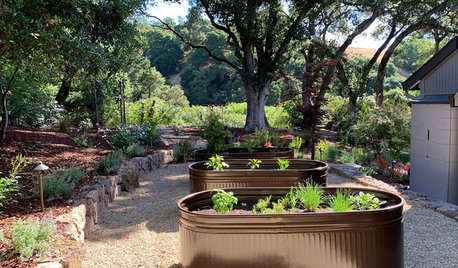
FARM YOUR YARD6 Things to Know Before You Start Growing Your Own Food
It takes time and practice, but growing edibles in the suburbs or city is possible with smart prep and patience
Full Story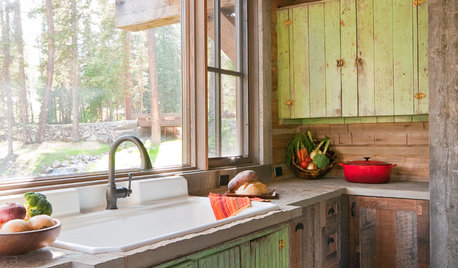
WINDOWSKitchen Windows: 13 Classic and Creative Ideas
Big and tall, long and low, in an unexpected spot ... these ways with kitchen windows offer plenty of possibilities
Full Story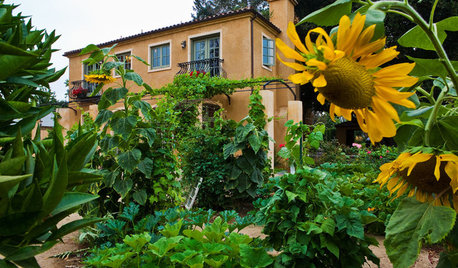
REGIONAL GARDEN GUIDESTexas Gardener's April Checklist
Get your sowing and planting on — spring brings a tantalizing array of possibilities in the garden
Full Story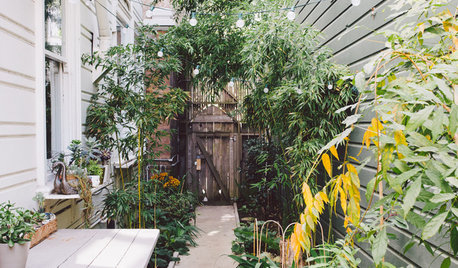
GARDENING AND LANDSCAPING10 Ways to Make the Most of Your Side Yard
Don’t overlook the possibilities for this often-forgotten space
Full Story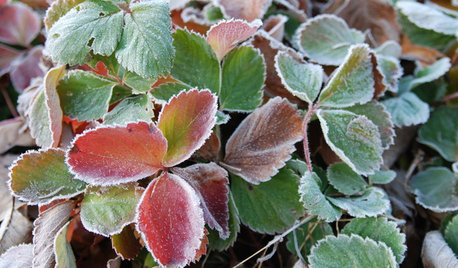
GARDENING GUIDESGreat Design Plant: Strawberries for All Seasons
An edible carpet? It's possible with a mass planting of this tough ground cover
Full Story
KITCHEN DESIGNWhy Your Kitchen Wants Its Own iPad
Cooking-school gateway, recipe database, foodie networking ... an iPad in the kitchen has uses far beyond being a message center
Full Story
GARDENING GUIDESCalifornia Gardener: What to Do in July
Active green thumb or not, top priorities for peak fruit and veggie season: watering, feeding, keeping up with growth
Full Story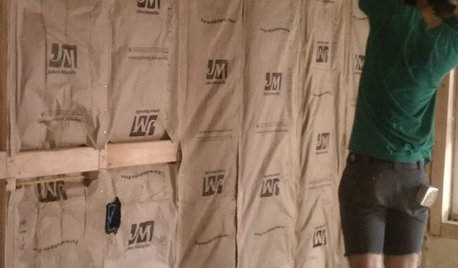
REMODELING GUIDESCool Your House (and Costs) With the Right Insulation
Insulation offers one of the best paybacks on your investment in your house. Here are some types to discuss with your contractor
Full Story



Kimmsr
Lloyd
Related Discussions
Is it possible to aerate the compost too much?
Q
Wanting to improve my soil...best, fastest, cheapest?
Q
what is the absolute fastest way to compost dry grass?
Q
The fastest draining soil on earth
Q
joepyeweed
paulns
almostorganic
joepyeweed
Lloyd
Lloyd
jeremyjs
fatbaldguy
drayvenOriginal Author
ruvin
Lloyd
Lloyd
drayvenOriginal Author
anubis_pa
bpgreen
Kimmsr
Lloyd
kqcrna
joebob
Lloyd
User
joebob
paulns
Lloyd
kqcrna
Lloyd
paulns
drayvenOriginal Author
orgarden
val_s
joebob
digdirt2
Lloyd
paulns
Lloyd
joebob
dchall_san_antonio
blutranes
digdirt2
Lloyd
drayvenOriginal Author
digdirt2
dchall_san_antonio
buffalowormsfarmer
robertz6